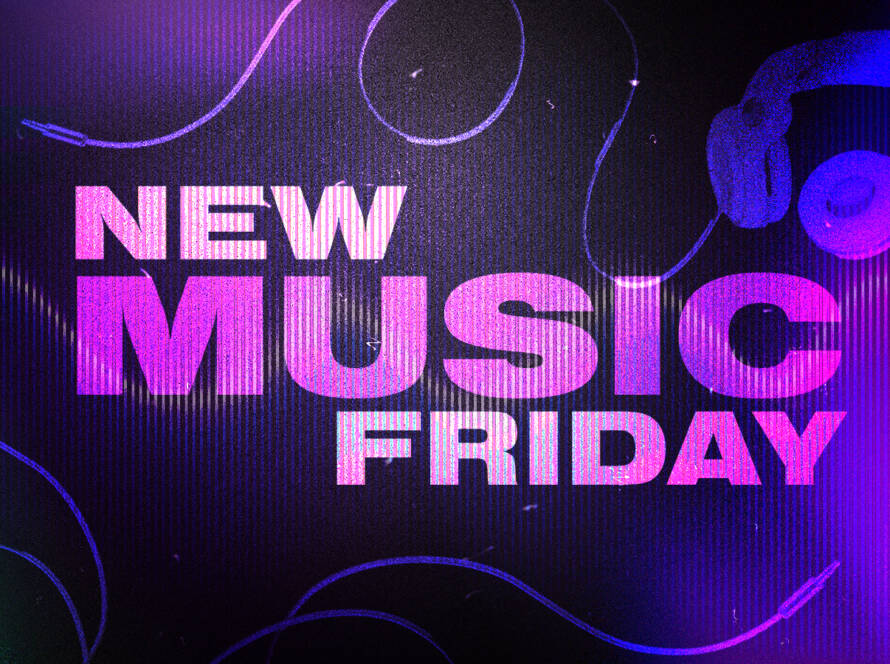Music as Therapy: A Healing Tool
Music has long been used as a form of therapy for individuals coping with mental health issues. Whether through guided music therapy sessions or simply listening to soothing sounds, music can help reduce anxiety and stress. Studies show that music can lower cortisol levels, helping people feel more relaxed and centered. Therapeutic use of music has also been proven to aid in treating conditions like PTSD and depression. Music therapy offers a safe, non-invasive way to help individuals process emotions and find peace.
The Science Behind Music and the Brain
Listening to music stimulates multiple parts of the brain, including areas responsible for emotion, memory, and motor control. Certain rhythms and melodies can trigger the release of dopamine, the brain’s “feel-good” chemical. This neurological response explains why music can uplift spirits or evoke nostalgia. Research also suggests that music can improve cognitive function, making it beneficial for those dealing with memory-related issues like Alzheimer’s disease. The brain’s connection to music is deep and complex, offering numerous therapeutic benefits.
How Music Can Reduce Stress and Anxiety
In stressful situations, listening to calming music can help regulate emotions and reduce feelings of anxiety. Soft instrumental tracks or slow-tempo music can lower heart rate and relax tense muscles. Some people use music as a tool to manage stress in their daily lives, incorporating it into meditation or mindfulness practices. Music with lyrics that resonate emotionally can also serve as a form of catharsis, allowing listeners to process complex feelings. For many, music acts as a comforting escape from the pressures of daily life.
Music and Mindfulness: A Perfect Pair
Mindfulness practices, such as meditation or yoga, often incorporate music to help focus the mind and deepen the experience. Listening to slow, repetitive sounds or natural soundscapes can enhance relaxation during mindfulness exercises. Music helps individuals stay present, improving their ability to concentrate and remain in the moment. Many people find that incorporating music into their mindfulness routines enhances their overall mental well-being. The harmony between music and mindfulness offers a holistic approach to mental health care.
Music’s Role in Managing Depression
For those struggling with depression, music can be a powerful tool in managing symptoms. Listening to uplifting or comforting songs can help alleviate feelings of sadness or hopelessness. Music has the unique ability to evoke emotions, offering solace during difficult times. Many people with depression use music as a form of emotional release, expressing feelings they may struggle to verbalize. While not a cure, music offers a therapeutic outlet that can complement traditional treatments for depression.


